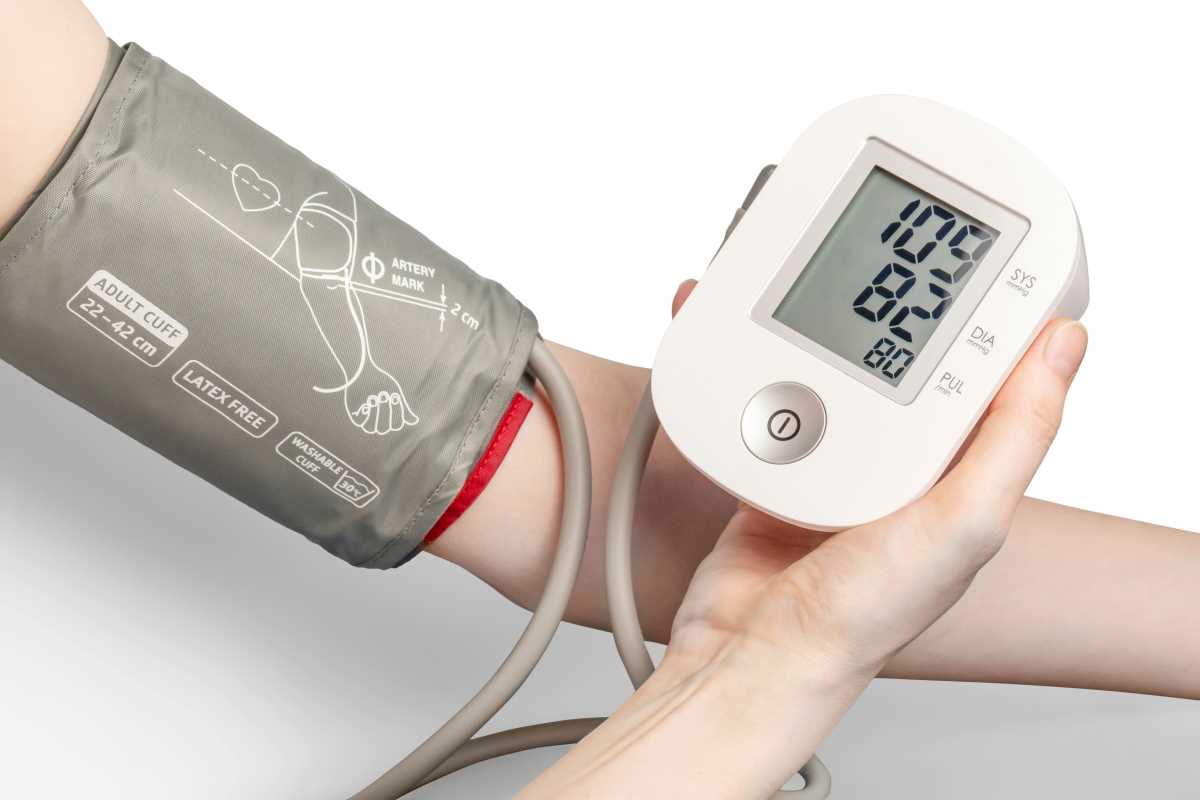When it comes to taking control of your health, blood work can be one of the most powerful tools in your arsenal. A simple blood test provides a wealth of information about how your body is functioning and can help identify early signs of chronic diseases. Seeing those results might feel overwhelming, but understanding what the key markers mean can empower you to make informed decisions with your healthcare provider.
Whether you’re looking to stay proactive about your health or following up on symptoms, here’s a closer look at the key blood markers that often signal the onset of chronic conditions, along with practical advice for interpreting and acting on your results.
1. Cholesterol Levels
Your cholesterol numbers are some of the most important markers in blood work, especially for monitoring heart health. Cholesterol tests typically report three main figures:
- LDL (Low-Density Lipoprotein): Known as “bad cholesterol,” high LDL levels can lead to plaque buildup in your arteries, increasing your risk of heart disease or stroke.
- HDL (High-Density Lipoprotein): This is the “good cholesterol” that helps remove LDL from your bloodstream. Higher HDL levels are protective for your heart.
- Triglycerides: These fats in the blood can rise due to poor diet, a sedentary lifestyle, or other conditions. Elevated levels are another risk factor for cardiovascular disease.
What Do My Results Mean?
- Normal/Healthy Range:
- LDL: Less than 100 mg/dL
- HDL: 60 mg/dL or higher
- Triglycerides: Less than 150 mg/dL
- If your LDL or triglycerides are higher than normal, your doctor might suggest changes to your diet, an increase in physical activity, or medications to manage these levels.
Actionable Advice
Start with heart-smart lifestyle changes:
- Incorporate more fiber-rich foods like oats, fruits, and vegetables.
- Replace saturated fats with healthy fats from nuts, seeds, and fish.
- Pair aerobic exercise—like walking or swimming—with strength training to improve cholesterol levels over time.
2. Blood Sugar Levels
Blood sugar tests, such as fasting glucose or hemoglobin A1c, are essential for identifying problems with how your body processes sugar. These markers can signal prediabetes, diabetes, or insulin resistance, conditions that often develop quietly before leading to serious complications.
Key Markers
- Fasting Blood Glucose measures the sugar in your blood after an 8-hour fast. High levels indicate blood sugar isn’t well-regulated.
- Hemoglobin A1c (HbA1c) gives a three-month snapshot of your average blood sugar levels. It’s especially useful for spotting long-term trends.
What Do My Results Mean?
- Normal Ranges:
- Fasting Glucose: 70-99 mg/dL
- A1c: Below 5.7%
- Prediabetes:
- Fasting Glucose: 100-125 mg/dL
- A1c: 5.7-6.4%
- Diabetes:
- Fasting Glucose: 126 mg/dL or higher
- A1c: 6.5% or higher
Actionable Advice
If your numbers hint at prediabetes or diabetes, don’t panic—there’s still plenty of room for improvement:
- Track your meals and focus on balance, adding more lean proteins and non-starchy vegetables to stabilize blood sugar.
- Stay active with regular movement like brisk walking or yoga. Exercise helps improve insulin sensitivity.
- Discuss medication or more frequent testing with your doctor if needed.
3. Inflammation Markers (CRP)
Inflammation is your body’s natural response to injury or infection, but chronic inflammation can be harmful. One of the common markers used to measure it is C-reactive protein (CRP).
Elevated CRP levels may indicate underlying inflammation often linked to numerous chronic diseases, including heart disease, autoimmune conditions, or even certain cancers.
What Do My Results Mean?
- Normal Range:
- CRP levels under 1 mg/L suggest low risk for inflammation-related diseases.
- Mildly Elevated CRP:
- Levels between 1-3 mg/L could suggest increased cardiovascular risk or chronic low-grade inflammation.
- Highly Elevated CRP:
- Over 3 mg/L may point to more serious inflammation caused by infection, autoimmune disorders, or advanced cardiac risk factors.
Actionable Advice
- Adopt an anti-inflammatory diet rich in leafy greens, fatty fish, and olive oil.
- Manage stress levels with mindfulness practices like meditation or deep breathing.
- Talk to your physician about underlying causes, especially if your levels are persistently high.
4. Liver Function Tests (ALT and AST)
Your liver does everything from helping digest food to detoxifying harmful substances, so monitoring liver health through blood markers is critical. Two key enzymes measured in liver function tests are:
- ALT (Alanine Aminotransferase)
- AST (Aspartate Aminotransferase)
Normally, these enzymes stay inside liver cells, but elevated levels in your blood may signal liver damage or stress.
What Do My Results Mean?
- Normal Values:
- ALT: 7-56 U/L
- AST: 10-40 U/L
- Elevated values might be an early warning sign of non-alcoholic fatty liver disease (NAFLD), hepatitis, or liver damage related to alcohol or medications.
Actionable Advice
- Reduce processed foods and sugar, which can contribute to fatty liver.
- Avoid excessive alcohol consumption.
- Stay active to maintain a healthy weight, which reduces liver fat and inflammation.
5. Kidney Function Tests (Creatinine and BUN)
Your kidneys work tirelessly to filter waste and maintain fluid balance. Tests that measure creatinine and blood urea nitrogen (BUN) levels reveal how well your kidneys are functioning.
Key Markers:
- Creatinine comes from muscle breakdown and is filtered out by the kidneys. High levels may indicate poor kidney filtration.
- BUN measures urea nitrogen, a waste product your kidneys filter. Elevated BUN can signal dehydration, kidney stress, or disease.
What Do My Results Mean?
- Normal Ranges:
- Creatinine levels vary slightly based on muscle mass but are generally 0.6-1.2 mg/dL.
- BUN should ideally fall between 7-20 mg/dL.
Higher markers may point to chronic kidney disease or even early systemic health challenges like high blood pressure or diabetes affecting kidney function.
Actionable Advice
- Stay hydrated to support kidney health.
- Limit high-sodium processed foods that make the kidneys work harder.
- Regularly monitor blood pressure, as it’s closely linked to kidney performance.
6. Vitamin D and Nutrient Status
Though technically not disease markers, deficiencies in nutrients like Vitamin D can be tied to the development of chronic conditions like osteoporosis, heart disease, and even depression.
What Do My Results Mean?
- If your Vitamin D levels fall below 20 ng/mL, your doctor might recommend supplements or lifestyle changes like increasing sunlight exposure or altering your diet.
Actionable Advice
- Add fortified foods, fatty fish, and eggs to your weekly meals.
- Spend 10–15 minutes outdoors daily for sun exposure (while being mindful of skin health).
Disclaimer: The content provided on SuperHealthyTips is for informational and educational purposes only. This information is not intended to be a substitute for professional medical advice, diagnosis, or treatment.
 (Image via
(Image via





